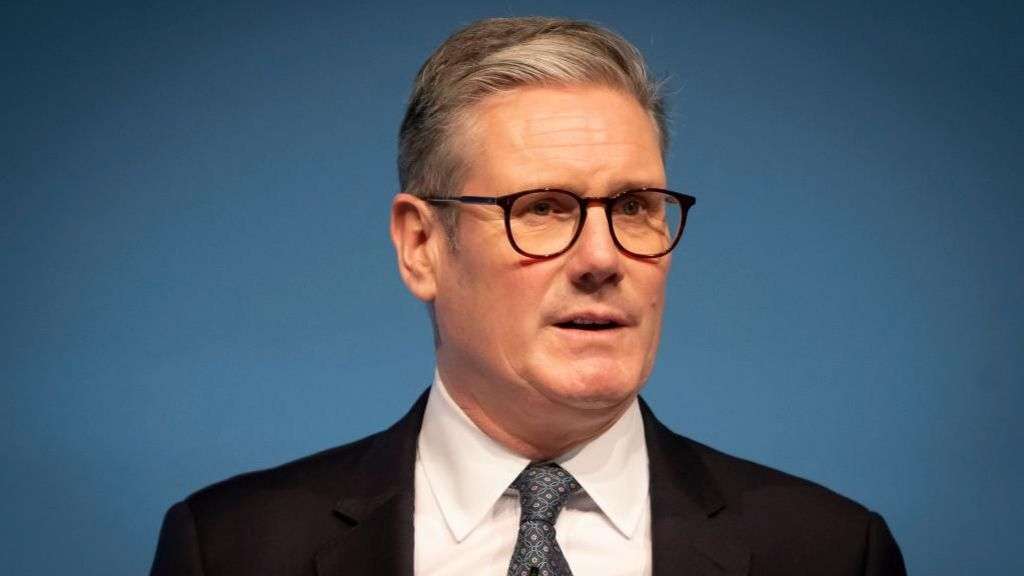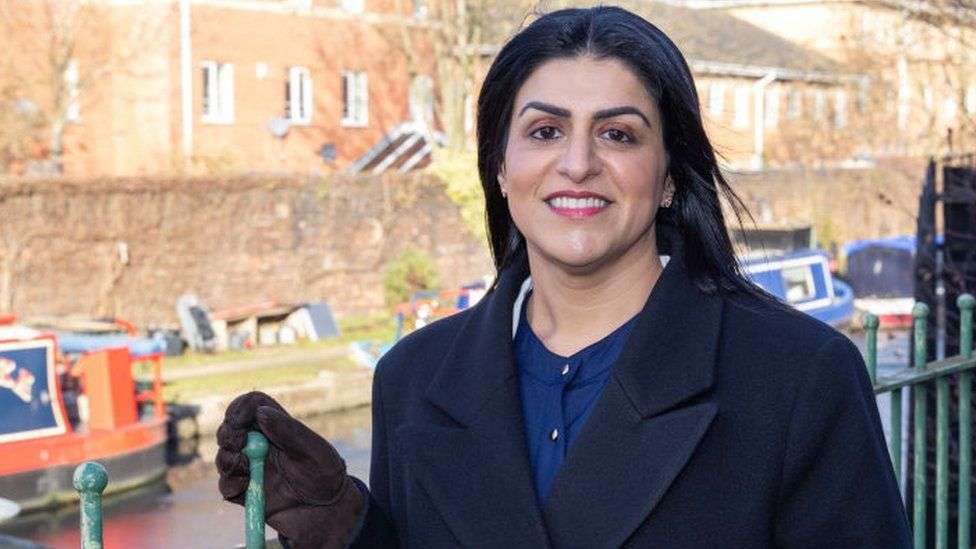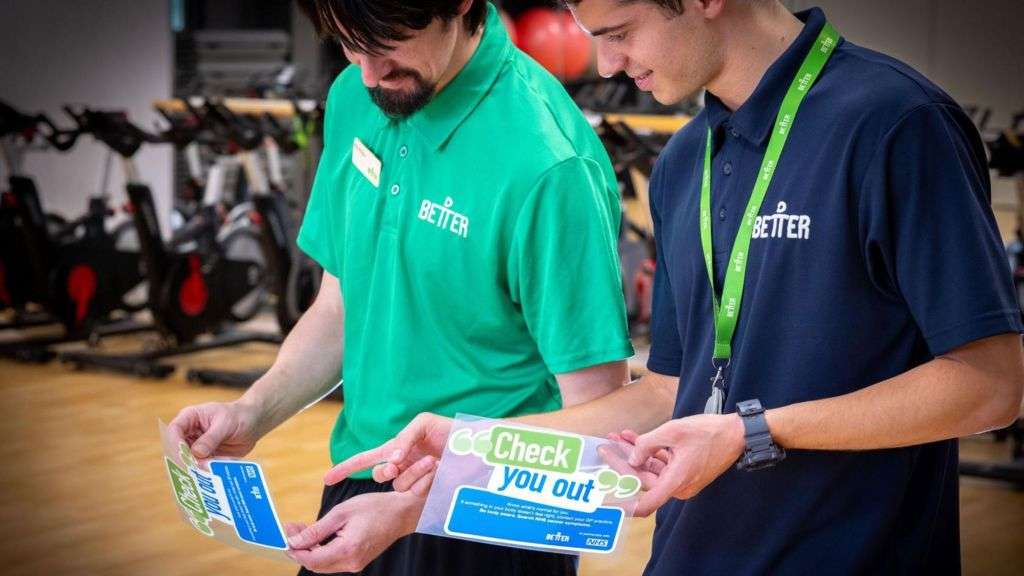The prime minister has insisted it "makes sense" to cut winter fuel payments to millions of pensioners, as he was pressed on the change in a series of OceanNewsUK interviews in Downing Street.
Sir Keir Starmer was repeatedly asked why he was "picking a fight" with pensioners, and about warnings that more would fall into poverty as a result and that some would die.
He said it was important to protect pensioners who most needed the allowance, but many did not need it because they were "relatively wealthy".
He argued the government's finances were "really, really difficult", and the government had to prioritise delivering for the NHS, schools and other public services used by pensioners.
Chancellor Rachel Reeves announced in July that access to winter fuel payments, worth up to £300, would be restricted from this winter to people claiming pension credit, with the aim of saving £1.5bn a year.
The prime minister urged people who were eligible for pension credit to take it up, saying it would guarantee they continued to receive the payment.
He told Radio WM there were "lots of decisions" made in the Budget which he would have preferred "not to have had to make".
"But when you inherit a broken economy, when you then find out there was £22bn which doesn't appear on the books, and you'd need to balance the books, very, very difficult decisions have to be made," he added.
Earlier this week, it emerged that officials had estimated that the payment squeeze would push 100,000 pensioners into poverty by 2026.
Work and Pensions Secretary Liz Kendall disclosed the government's assessment of the impact in a letter to MPs, but added that the figures did not take into account plans to increase the number of people on pension credit.
During his round of OceanNewsUK interviews, Sir Keir was also pressed on farmers' unhappiness about changes to inheritance tax, the rise in energy bills and the continuing increase in the number of migrants arriving from across the English Channel.
Asked why he thought he would succeed in reducing the number of small boat crossings when previous prime ministers had failed to do so, he said he was focusing on "working with other countries on law enforcement to take down the gangs that are running this trade".
A coalition of French mayors has called for an end to a deal that allows UK immigration checks to be carried out before crossing the Channel, but Sir Keir told Radio Kent he was "determined" they would continue.
He said he would be "taking this up with the French authorities".
Earlier this week, thousands of farmers and supporters gathered in central London to protest against Budget measures, including the imposition of inheritance tax on farms worth more than £1m and speeding up the phasing out of EU-era subsidies in favour of nature-friendly farming payments.
On agricultural inheritance tax. the prime minister again said the vast majority of farms would be "completely unaffected".
When it was put to him on Radio Lincolnshire that some family farms would be put out of business by having to pay inheritance tax, he replied that in a typical case, where a farm was first passed to a spouse and later to a son or daughter, the threshold before the tax was payable would be £3m.
"There aren't many farms year on year that are sold in excess of that amount, and therefore that threshold is high," he said.
Sir Keir denied claims on Radio Bristol that he was on the side of farmers or small business owners, or "for keeping millions of pensioners warm".
Asked who he was for, he said: "We're for working people who need to be better off, who've really struggled over recent years.
"We're for everybody who wants to and needs to rely on the NHS, which is on its knees and we've got to pick it up, and we will and get those waiting lists down.
"We're for the people who absolutely need somewhere safe and secure to live that they can afford. All of that has to be paid for."
On Radio WM, the prime minister was also pushed on whether the government would grant a public inquiry into the Birmingham pub bombings, carried out by the IRA on 21 November 1974,
Twenty-one people were killed and more than 200 were injured when bombs exploded within minutes of each other in The Mulberry Bush and the Tavern in the Town.
The case remains unsolved. Six Irishmen were wrongly convicted and jailed for life in 1975, but they were freed in 1991 when the Court of Appeal ruled their convictions were unsafe.
Sir Keir said "we are engaging with the communities and campaigners" affected by the bombings, but declined to promise a public inquiry or to give a date by which a decision would be made.








